Health Info, Policy Updates
8.24.24 Voter Empowerment Alert
August 26, 2024
The FAQ-style toolkit to help you feel confident leading up to Election Day.
Health Program, Your Health Unlocked Episodes
Publication Date: May 01, 2023
By: NWHN Staff

Knowing what she knows now, Chauntel Norris looks back on her own birthing experience as traumatic. After attending a friend’s home birth and witnessing how the entire room centered around her and her needs, Chauntel suddenly felt cheated in her birthing experience.
Studies show that more people die during pregnancy and childbirth in the U.S. than in any other similarly wealthy country in the world, with Black and Indigenous people disproportionately affected.
Despite research supporting the role that midwives and doulas can play in helping to reverse the devastating trend of rising maternal deaths, they are rarely covered by insurance, and states often don’t officially recognize them to attend births.
When Chauntel co-founded The Baobab Birth Collective, she made it her mission to provide the support and access to information that is so often lacking in maternal care in an effort to prevent people from fearing what should be an empowering experience.
Chauntel Norris co-founded The Baobab Birth Collective and is co-director of the Alabama Prison Birth Project. She is a native of Birmingham, AL, and attended the University of Alabama at Birmingham, where she earned her B.A. in African American Studies & her B.S. in Psychology. Chauntel is a DONA-trained birth & postpartum Doula, a Lamaze-certified childbirth educator, and a certified lactation counselor. She is an active member of the Black Mamas Matter Alliance, a community transformer for Reaching Our Sisters Everywhere, and serves on the board of the Alabama Breastfeeding Committee.
The Health Equity & Access Leadership Training Hub (hereinafter The HEALTH Program) is the newly established grant program of the NWHN. The HEALTH Program aims to shift paradigms and shape policies from grassroots-to-grasstops by helping build the capacity of organizations and bolstering their engagement in high-impact legislative advocacy efforts. The HEALTH Program’s main areas of focus include (1) addressing health inequities that disproportionately impact historically and systematically marginalized communities, (2) expanding healthcare access through legislative advocacy, and (3) improving health outcomes for women-in all their diversities-across the lifespan.
Some Terms and Linked Definitions

